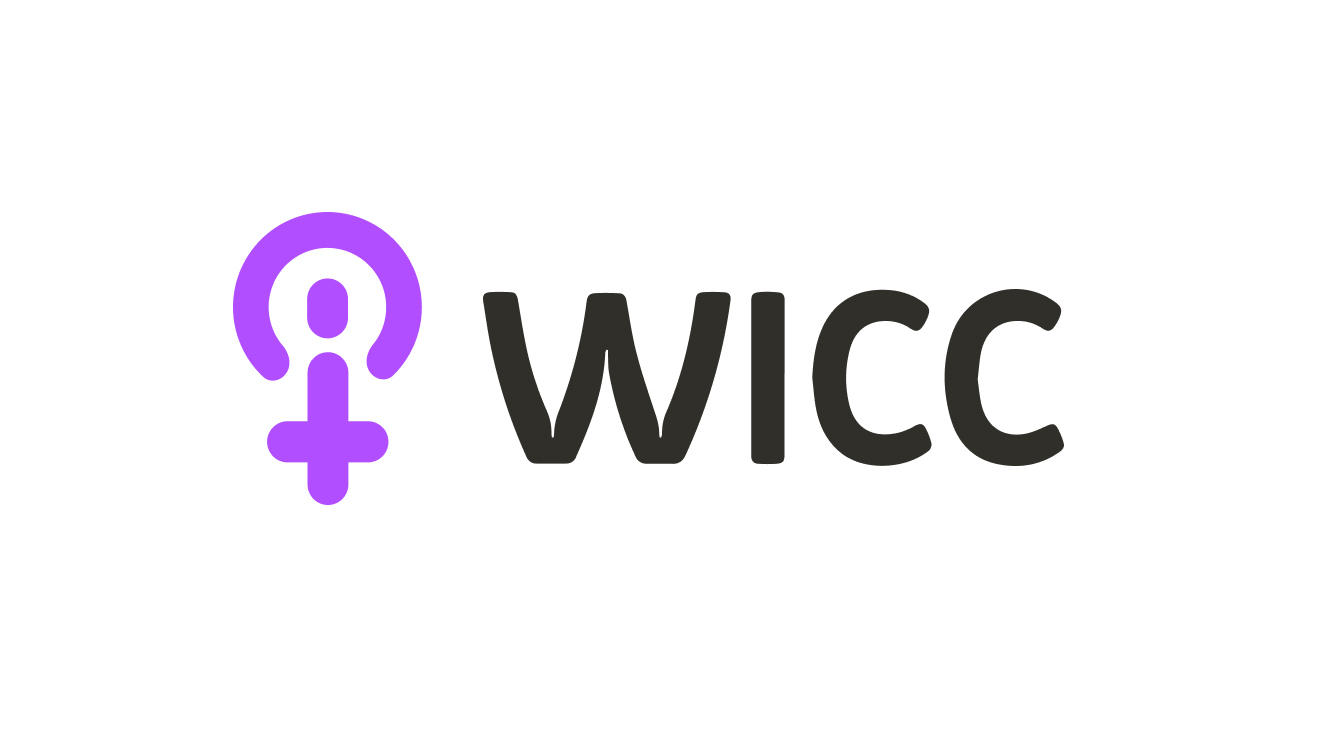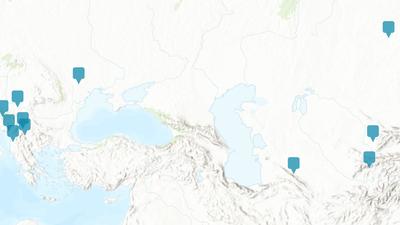-
Our work
-
Fields of work
- Arms control
- Border management
- Combating trafficking in human beings
- Conflict prevention and resolution
- Countering terrorism
- Cyber/ICT Security
- Democratization
- Economic activities
- Education
- Elections
- Environmental activities
- Gender equality
- Good governance
- Human rights
- Media freedom and development
- Migration
- National minority issues
- Policing
- Reform and co-operation in the security sector
- Roma and Sinti
- Rule of law
- Tolerance and non-discrimination
- Youth
- Field operations
- Projects
-
Meetings and conferences
- Summit meetings
- Review Conferences
- Ministerial Council meetings
- Plenary meetings of the Permanent Council
- Plenary Meetings of the Forum for Security Co-operation
- Security Review Conferences
- Annual Implementation Assessment Meetings
- Economic and Environmental Forum
- Economic and Environmental Dimension Implementation Meetings
- Human rights meetings
- Media conferences
- Cyber/ICT security conferences
- Conference of the Alliance against Trafficking in Persons
- Gender equality conferences
- Annual OSCE Mediterranean conferences
- Annual OSCE Asian conferences
- Partnerships
-
Fields of work
-
Countries
- All
-
Participating States
- Albania
- Andorra
- Armenia
- Austria
- Azerbaijan
- Belgium
- Belarus
- Bosnia and Herzegovina
- Bulgaria
- Canada
- Croatia
- Cyprus
- Czechia
- Denmark
- Estonia
- Finland
- France
- Georgia
- Germany
- Greece
- Holy See
- Hungary
- Iceland
- Ireland
- Italy
- Kazakhstan
- Kyrgyzstan
- Latvia
- Liechtenstein
- Lithuania
- Luxembourg
- Malta
- Moldova
- Monaco
- Mongolia
- Montenegro
- The Netherlands
- North Macedonia
- Norway
- Poland
- Portugal
- Romania
- Russian Federation
- San Marino
- Serbia
- Slovakia
- Slovenia
- Spain
- Sweden
- Switzerland – OSCE Chairpersonship 2026
- Tajikistan
- Türkiye
- Turkmenistan
- Ukraine
- United Kingdom
- United States of America
- Uzbekistan
- Asian Partners for Co-operation
- Mediterranean Partners for Co-operation
-
Structures and institutions
- Chairpersonship
-
Secretariat
- Secretary General
- Office of the Secretary General
- Conflict Prevention Centre
- Transnational Threats Department
- Office of the Special Representative and Co-ordinator for Combating Trafficking in Human Beings
- Office of the Co-ordinator of OSCE Economic and Environmental Activities
- Gender Issues Programme
- Opportunities for Youth
- Department of Human Resources
- Department of Management and Finance
- Office of Internal Oversight
- Documentation Centre in Prague
- Institutions
-
Field operations
- Presence in Albania
- Centre in Ashgabat
- Programme Office in Astana
- Programme Office in Bishkek
- Mission to Bosnia and Herzegovina
- Programme Office in Dushanbe
- Mission in Kosovo
- Mission to Moldova
- Mission to Montenegro
- Mission to Serbia
- Mission to Skopje
- Project Co-ordinator in Uzbekistan
- Closed field activities
- Parliamentary Assembly
- Court of Conciliation and Arbitration
- Organizational structure
- About us

Story
“This is the first time that we are dealing with such extreme challenges”, says Anastasia Nenka, Director of the Women’s Information and Consultative Centre in Kyiv
- Date:
- Source:
- OSCE Secretariat
- Fields of work:
- Conflict prevention and resolution, Gender equality
The Women’s Information and Consultative Centre (WICC) is based in Kyiv and is an implementing partner of the OSCE WIN project. Since 1995, the WICC has been researching, educating, and advocating for women’s rights in Ukraine. Despite finding themselves in the middle of armed conflict – evidenced during this interview by an air raid siren alarm in the background – Anastasia and her colleagues continue their work, providing much-needed emergency assistance throughout the country.
How has your work been affected by the conflict?
As surprising as it may sound, we are actually carrying on with the same activities as before. Things have definitely become more intense since the launch of the Russian aggression in 2014 in eastern Ukraine and the full-scale war on 24 February. We have had to involve more co-ordinators and volunteers in the field. We focus on the areas most affected by the fighting: Sumy, Kharkiv, Zaporizhzhia, the cities Melitopol and Berdiansk, and the Kyiv region.
What is the focus of your work?
We have six main areas of activity. Firstly, we are updating the National Action Plan (NAP) on the implementation of UN Security Council Resolution 1325 on Women, Peace and Security. The current plan dates from 2020. Its overall goal is to eliminate the barriers that hinder the full participation of women in all matters of peace and security.
Our second main activity is to work with partners throughout Ukraine to raise awareness of gender issues and train government authorities all different levels to adapt the national action plan to their contexts.
Our third activity is monitoring the implementation of the national and local action plans. Unfortunately, we have identified many gaps with the institutional capacity of our partners. If communities had better succeeded in putting in place a gender-sensitive system for identifying, preventing and responding to security challenges, which is the second strategic goal of the NAP, it may have been possible to respond to local citizens’ needs less chaotically when the Russian forces invaded.
Did you find that communities were unprepared for the Russian aggression?
Yes. This relates to our fourth activity, which is the development of instructions. From mid-January to 17 February we sent a survey to 1,439 communities throughout Ukraine. For example, we asked if they had clear procedures or plans in the event of an invasion. Or, if they knew from whom they could seek help (for example, the Red Cross). The response rate was surprisingly high: we received answers from 50 per cent of the communities, 170 answers even came after the invasion on 24 February. The overwhelming result was: no, people were clearly not prepared for full-scale aggression.
To alleviate this, we created a section named “war” on our website. It answers questions like “what is a safe bomb shelter” (not a place where people can go in and not get out) and “what to do in case of an air raid siren”. It also has timetables for evacuation trains. We try to consolidate useful information, so that people have a clear understanding of what to do and do not panic.
How else are you responding to the emergency situation?
We are documenting cases of violence, including cases of conflict-related sexual violence. This is our fifth area of activity. Next week, Olena Suslova, the founder of WICC, and I will go to Bucha to gather evidence. There are not many people in our organizations qualified to do this. Yesterday we had a preparatory online call with the Commissioner for Gender Issues, representatives of the Prosecutor General’s Office, and experts qualified for gathering evidence that can later be used in the International Criminal Court.
Our sixth and last activity is to address the emergency needs of women and girls. With the help of a large group of hard-working volunteers, we provide them with medicine, food, hygiene products and other necessities.
How are you co-operating with OSCE WIN?
Since last year we have been co-organizing webinars to build the capacity of peacebuilders and mediators throughout Ukraine. As a result of a seminar held in November, we created a network of dedicated practitioners, which is called ICAN (MOZHU). The Ukrainian name, MOZHU, is an acronym for “Peace Unites the Women of Ukraine”. The members are working with local partners across the various regions of Ukraine, to raise awareness on the issues we are working on and to bring forward the six areas of activity I have just outlined.
We have many years’ experience working with people in the different regions of Ukraine, but this is the first time that we are dealing with such extreme challenges. It takes a lot of time to look for information and to locate the provisions women need. It is thanks to the OSCE WIN project that we are managing very well.OSCE Impact
Discover more stories about how the OSCE improves lives.

